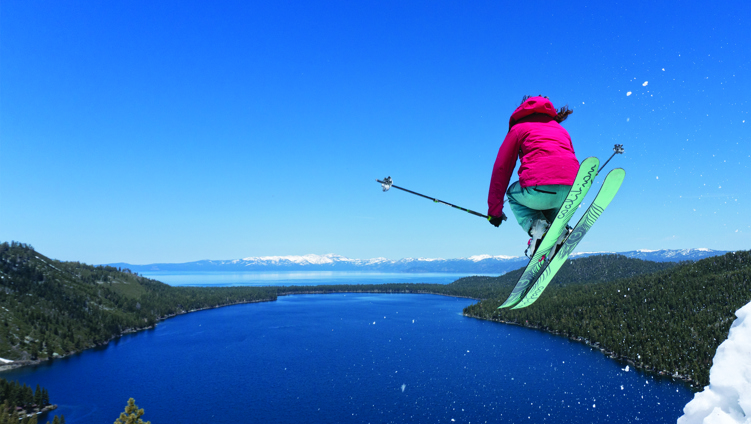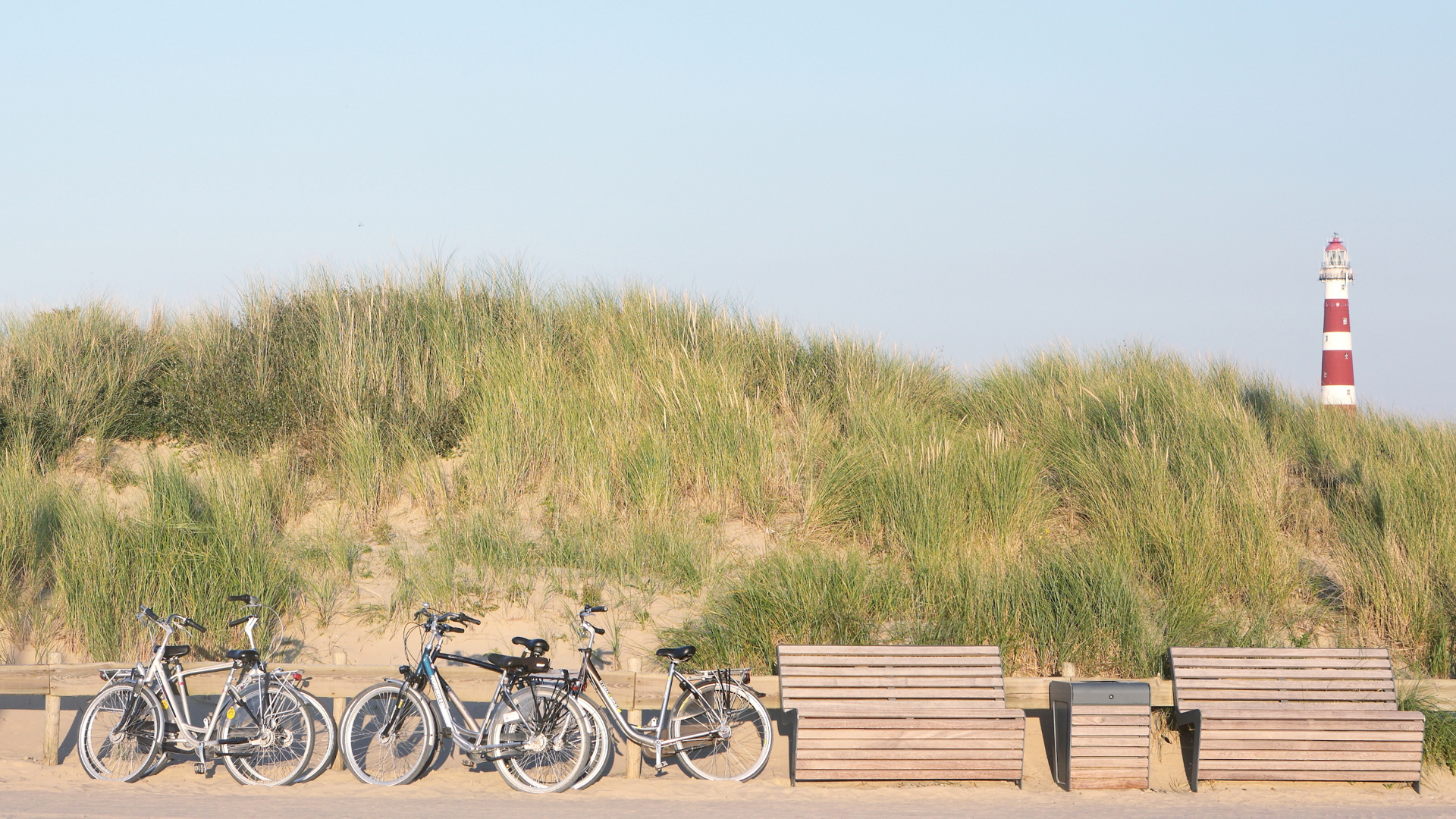
What is a flightless traveller? Is it somebody who has stopped flying completely?
Not necessarily. It could be somebody who has decided to make a flight-free trip for a change, just for the fun of it. There’s something really exciting about planning a no-fly adventure: poring over maps and timetables, stringing together an itinerary, working out what to pack and wondering, perhaps, what it might be like to sleep on a night train or a yacht. The best flight-free journeys are thoroughly enjoyable: instead of simply zipping through an airport and jetting across time zones to your destination, you have the chance to experience the places on the way as well.
That said, a growing number of travellers are indeed stopping flying altogether, temporarily or permanently, for health reasons, as an act of environmental protest, or both. There’s a strong ethical and logical case for this. For those of us that take inessential flights, eliminating these is typically the most powerful action we can take to reduce our personal greenhouse gas emissions.
At the moment, government bailouts and tax breaks are keeping airfares low, making flights hard to resist. But if we agree that planes are more harmful than any other form of transport (apart from large, fuel-inefficient cars with a single occupant, or luxury cruise ships), there’s no real excuse for flying unless there’s no practical alternative.
The more people vote with their feet about flying, the more likely it is that governments and the travel industry will invest in healthier, more sustainable options.
For tourists, what counts as an essential flight?
Ultimately, that’s up to each individual to decide. Long-haul flights are, of course, far harder to replace than short-haul flights. While their total emissions are high, in certain cases, they’re easier to justify.
Personally, I’m convinced that responsible tourism can be a force for good – boosting our well-being, protecting wildlife and nature and helping address the imbalance of wealth in the world. I’ve seen first-hand the significant benefits that international ecotourism programmes can bring to remote rural communities and conservation projects in precious, biodiversity-rich wilderness areas throughout the world. Such programmes rely on guests arriving on long-haul flights. They would struggle, with potentially disastrous consequences for the environment, if these guests abandoned them while waiting for aviation technology to advance. Tantalising though recent prototypes have been, zero-emissions electric passenger planes won’t be gracing the skies for many years yet.
So it’s easier, perhaps, to decide what counts as too many flights. I believe in flying less, and making each flight count. If time and money are short, it’s worth considering travelling out by land or sea and back by air, or vice versa.
How did you go about curating the 50 journeys you describe in your book, The Flightless Traveller? What criteria did you use?
The book aims to celebrate the best aspects of flight-free travel by recommending trips in which the journey by land, river or sea is just as satisfying as the destination. I focus on cities and rural areas with solid green credentials and suggest activities which harm the planet as little as possible. Transport-wise, there’s lots of variety, from walking and cycling to crossing oceans by cargo ship.
Whether you’re seeking a wilderness, beach or urban experience, travelling by train, bus, electric car or e-bike instead of flying is a great way to get off the beaten track. I steer people away from areas where cheap flights have caused overtourism, and include destinations that are brilliant to visit in the low season, when there’s a better chance of your impact on the environment and the local community being wholly positive.
I also try to challenge assumptions. Yes, you can cross oceans and reach islands and even polar regions without flying. Admittedly, ambitious, long-distance trips such as these take time and can cost a bomb, but I also recommend plenty of quick, easy trips that anybody with a week or so to spare could do, and feature activities such as hiking and kayaking that cost next to nothing.
Old Man of Storr on Isle of Skye, Scotland. Credit: Phil Daint Header image: Bike and Lighthouse. Credit: emka74

With flight emissions predicted to continue to soar in the years to come, it seems the travel industry stands in opposition to efforts to combat climate change. Is this fair?
Yes and no. The travel industry is vast – according to UNWTO, in 2019, the number of international overnight trips hit 1.5 billion, worldwide – so it would be unfair to generalise.
In recent years, more travel and tourism businesses have made their sustainability policies public. While some have barely progressed beyond those old-hat messages about reusing towels, others have adopted climate-conscious strategies that are genuinely detailed, dynamic and future-focused.
Responsible operators are actively grappling with the paradox that while travel can bring benefits, flying causes harm. To address this, in early 2020, a collective of travel organisations, companies and professionals launched the Tourism Declares A Climate Emergency initiative (tourismdeclares.com), pledging to cut the emissions produced by their trips and campaigning for wider carbon justice within the travel industry, including aviation. At the time of writing, 111 have signed up.
Meanwhile, little by little, airlines are taking steps to be more conscientious. Easyjet, for example, cuts its per-passenger emissions by using modern, fuel-efficient aircraft and filling as many seats as possible. KLM has reduced its daily flights from Amsterdam to Brussels from five to four by replacing one with a high-speed train, and Austrian Airlines has switched to rail for its Vienna to Salzburg service.
Beyond encouraging more people to take up flightless travel, what other changes do you think we need to reduce the emissions of the travel industry?
There’s plenty of work to be done on the ground. Guest accommodation built from eco-friendly building materials, with well-conceived heating, cooling, water and waste management systems, can help make our holidays more sustainable. As it happens, many of the greenest places to stay – from ultramodern city pads to rustic safari lodges – are also extremely beautiful and comfortable.
Empowering local people to conserve the environment, promote biodiversity and protect their cultural heritage is extremely important. The best tourism operations do their bit through employment, investment and education.
As individuals, the everyday choices we make while we’re on holiday can make a big difference, too, just as they do at home. When staying at a hotel or taking a trip, it’s well worth having an open and polite conversation with your host, housekeeper or guide about your climate-friendly preferences regarding meals, air-conditioning, heating, recycling, single-use plastic and laundry, to help them minimise unnecessary waste.
Soca River, Slovenia. Credit: Marcin Jucha

What is your own most memorable flightless journey?
I have three favourites: bumping along the dusty back roads of West Africa by bush taxi, overlanding all the way down the east coast of Australia from Far North Queensland to Melbourne, and spending five weeks on a polar expedition ship, visiting Argentina, Antarctica, South Georgia and Uruguay.
All of these journeys began and ended with a flight, mind you. To make them truly flight-free, from door to door, I could have sailed the oceans by cargo ship or yacht, or (in the case of West Africa) crossed the Sahara overland. Daunting, perhaps – but definitely not impossible.
My time in West Africa was absolutely formative. Travelling by public transport is an unbeatable way to immerse yourself in the gritty, exasperating, hilarious details of local life. It’s the absolute opposite to flying, soaring high above, detached from everything.
Exploring Australia’s east coast was a real privilege. I travelled in a small, fuel-efficient car, visiting hinterland rainforests ringing with bird calls and venturing into other out-of-the-way places that are tricky to access by bus, let alone by plane. An electric car would have been even better. Next time, perhaps.
Antarctica was extraordinary. Polar expedition ships are far from perfect, emissions-wise, but they’re greener than large, luxurious cruise ships, and they adhere to extremely strict sustainability guidelines. My voyage – just before the Covid-19 pandemic turned the travel industry upside down – was one of the very best wildlife-watching experiences of my life so far.
Are there any campaigns you’d recommend to people keen to learn more about these issues or be inspired?
I was sceptical about flight-free campaigns at first. Since by their nature they appeal to environmentally-conscious travellers, I worried about the long-term impact on the people these travellers would, in other circumstances, visit: the good guys in the international ecotourism industry, including far-flung wilderness communities who guard precious habitats and ecosystems.
Happily, I’ve discovered I’m not alone in these concerns. Many of the climate scientists and activists who focus on aviation are realistic, optimistic and progressive rather than dogmatic or unyieldingly restrictive.
The best flight-free campaigns, in my view, pick their targets wisely, by pushing for common-sense restraint, constructive system change, social and natural justice, and technological solutions to the environmental impact of aviation. I’m a great admirer of advocates such as Greenpeace, Extinction Rebellion, Greta Thunberg, Molly Scott Cato and Anna Hughes who hosts the excellent Flight Free UK podcast, which is full of meaningful questions and personal stories.
What do you have in the pipeline, travel-wise?
I’m a great believer in the idea that choosing a new activity can be just as rewarding as choosing a new destination. So I’m off to the Peak District for some lovely long walks – with a bit of stand up paddleboarding thrown in. It’ll be my first time to try it, and I can’t wait.







